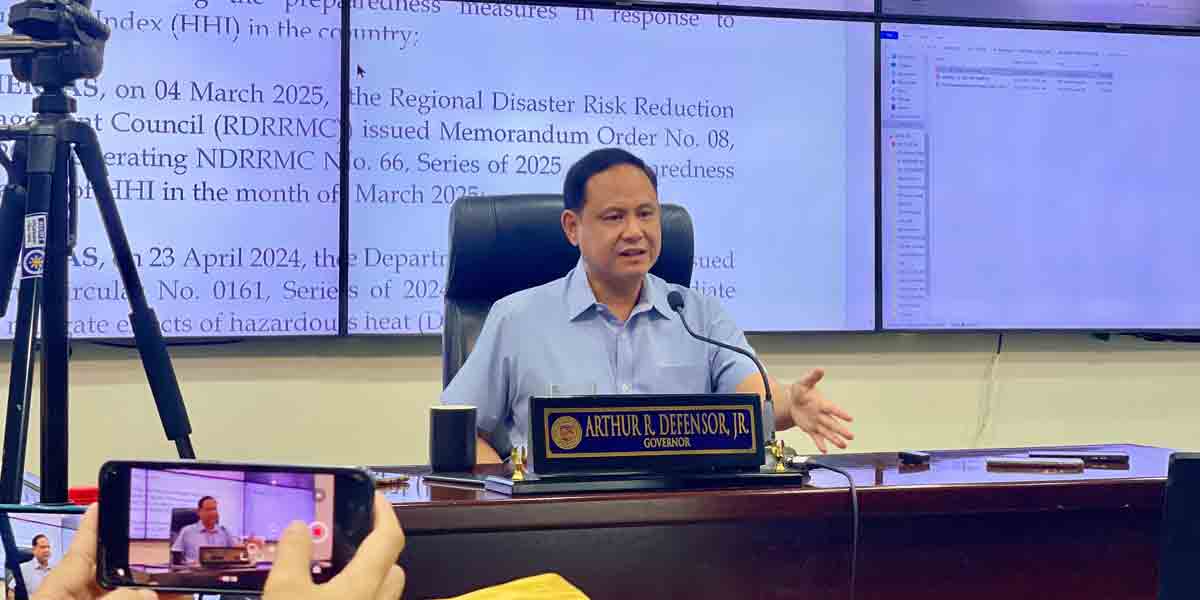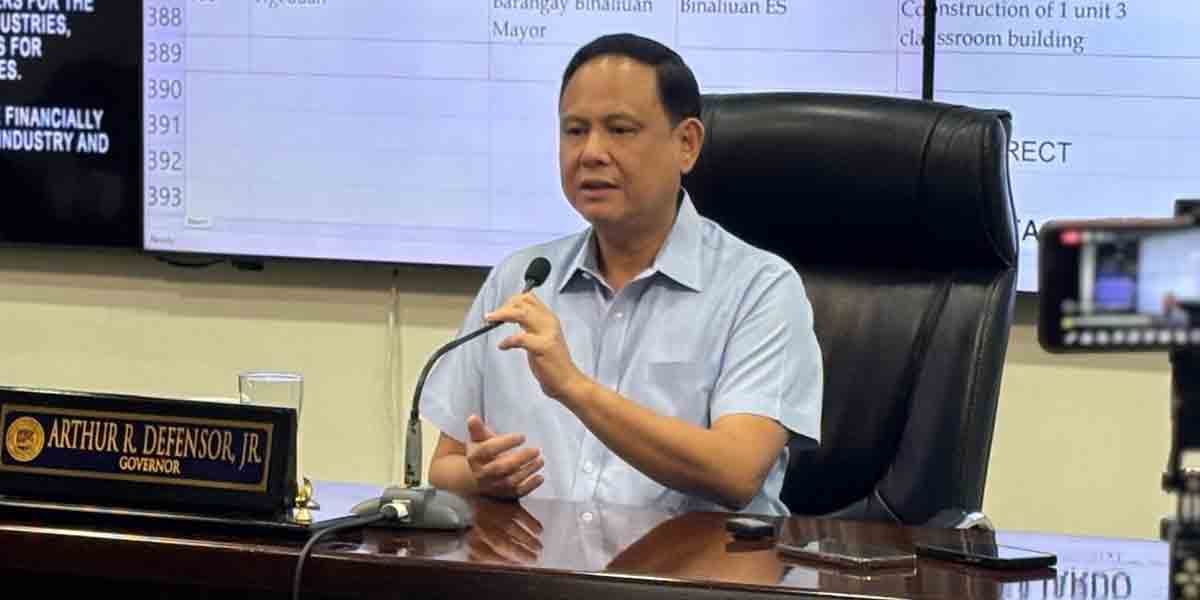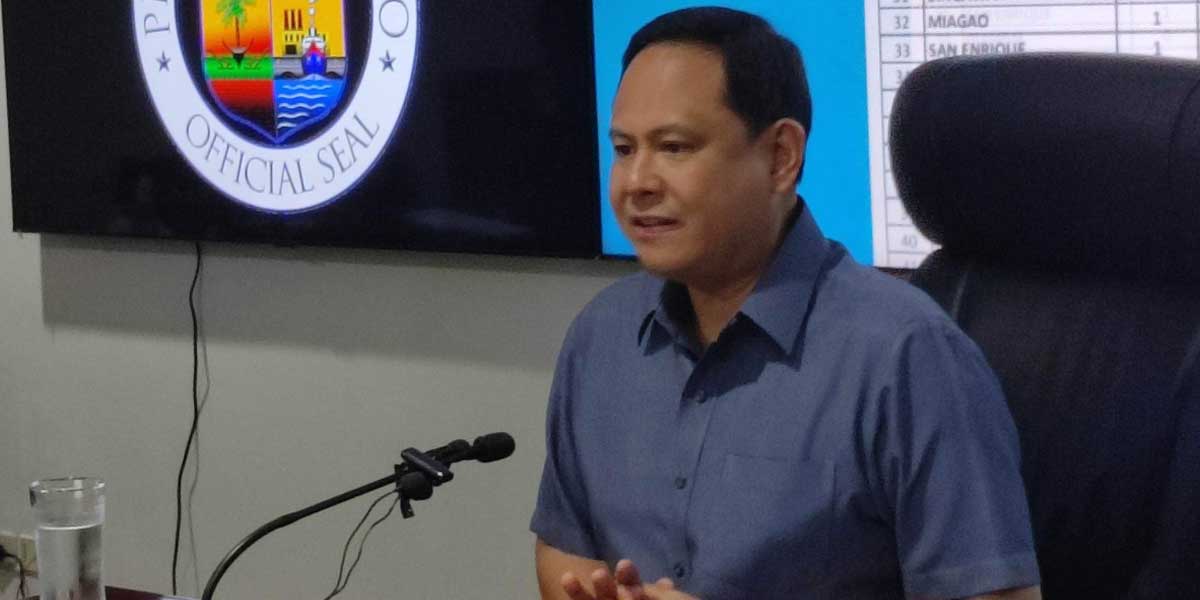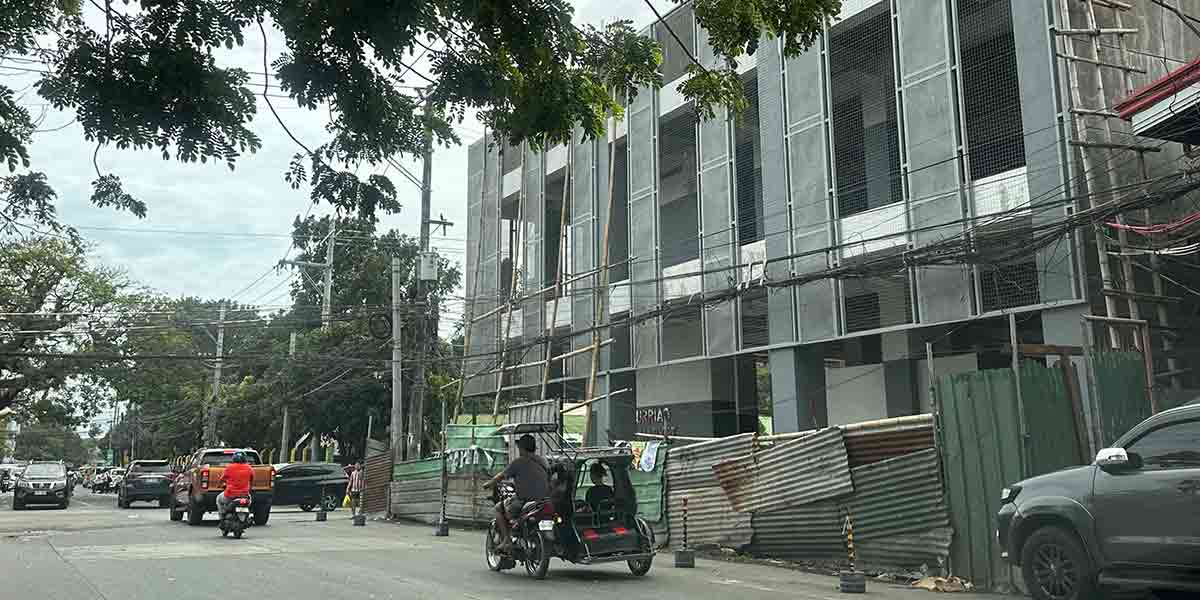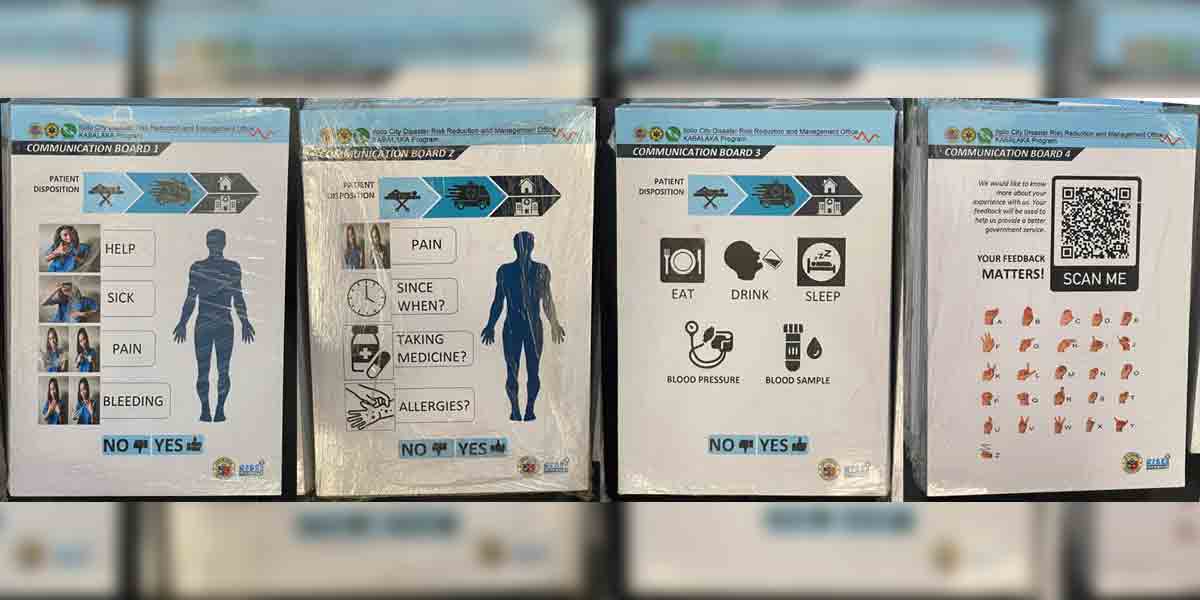The Department of Trade and Industry (DTI) is taking a more proactive role in support of the widespread adoption of electric vehicles (EVs) in the country. In line with its mandate to promote industry development and encourage sustainable transportation, the DTI has put forth a proposal to temporarily remove tariffs on EVs for a period of five (5) years, encouraging increased shift to EVs.
Recognizing the potential of EVs in reducing the country’s reliance on oil and promote greener transportation system, the DTI aims to reduce the purchase price of EVs by eliminating tariffs.
“This move is expected to create a surge in demand for EVs, foster investments in EV charging infrastructure, and stimulate the growth of the local EV industry,” Secretary Pascual said.
To initiate the process, the DTI has requested the Tariff Commission (TC) to conduct an investigation on EVs, as mandated by Section 1608 of the Customs Modernization and Tariff Act (CMTA). With this, the TC held a public hearing on 12 May 2022. Based on its findings, the tariffs on e-jeepneys and e-tricycles will be retained at 20% / 30% to provide support for local producers and allow for a smooth transition.
The National Economic Development Authority (NEDA) Board approved an Executive Order (EO) on 24 November 2022, which will implement the tariff modification for certain EVs and their parts and components. EO No. 12, issued on 13 January 2022 outlines the implementation of the tariff modification.
Under Section 2 of EO No. 12, a review of the tariff measure and its coverage is scheduled to take place one (1) year after the implementation of the order. The NEDA will subsequently submit its findings and recommendations to the Office of the President (OP). EO No. 12 was officially published in the Official Gazette on 19 January 2023 and became effective on 20 February 2023, allowing for the review process to commence on 21 February 2023.
The DTI remains committed to fostering an environment that promotes the adoption of EVs and paves the way for a greener and more sustainable future of transportation in the country.


